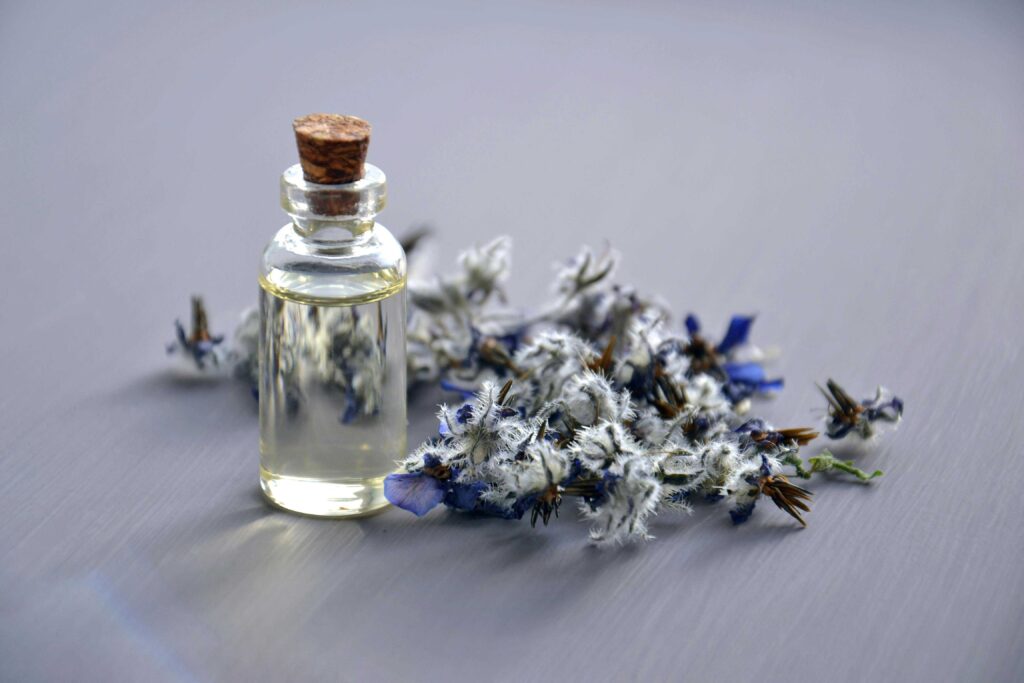
When it comes to natural hair care, essential oils and carrier oils are quite popular as natural remedies to incorporate into a hair care routine. However, essential oils are more popular than carrier oils, and both are often used interchangeably.
In this article, I’ll be shedding much-needed light on essential oils and carrier oils in comparison to one another. We’ll zero in on their uses, similarities, differences and benefits to hair care. I will also provide a few guidelines on how you can incorporate them into a hair care routine. If that’s your jam, stick around to learn more. If it’s not, you’re welcome to check out other articles on our site.
So without further ado, let’s get into the article!
Understanding essential oils
Do you understand essential oils? Do you know what they are? And, do you understand their uses and benefits? If yes, you can keep reading to see If your idea contradicts with mine. If not, please pay keen attention to the next few paragraphs.
What are essential oils?
Essential oils are basically oils from concentrated plant extracts, which maintain the natural smell and flavor of their source. Essential oils are mainly extracted through processes like steam distillation or cold pressing. These methods help to capture the essence and fragrance of their source plant.
Essential oils possess very potent aromatic properties and are notorious for their therapeutic effects.

What are essential oils used for?
Essential oils are mainly used in aromatherapy. Studies have shown that the oils help to improve mood, reduce stress and increase attentiveness. They are also used for hair care, to protect and seal much-needed moisture into the hair strands. Some common essential oils used for hair care are lavender, rosemary, peppermint, and tea tree oil. Essential oils can be used in skin care too, to help dry skin, or acne prone skin, and they can also be used for skin lightening benefits.
In the course of this article however, we will be focusing on the importance of essential oils to hair specifically.
What are the benefits of essential oils to hair care?
Essential oils come with so many benefits which brings about the hype they receive. Some of these benefits are:
1. They promote hair growth
Studies have shown that certain essential oils actually promote hair growth by stimulating the hair follicles. E.g; rosemary oil and peppermint oil.
2. They nourish the scalp
The antimicrobial properties that essential oils possess can help promote healthy scalp by addressing scalp conditions like dandruff and itchiness.
3. They add shine to the hair
Many essential oils, e.g chamomile oil, have natural moisturizing properties that can give your hair a healthy shine.
4. They strengthen hair strands
Essential oils like lavender can enhance hair elasticity, which strengthens hair and reduces breakage in the long run.
N/B: Due to the concentrated nature of essential oils, it is recommended that they are not used directly on the scalp or hair. Essential oils are to be mixed with carrier oils which serve as a base and help dilute them, making them safe for topical application.
Understanding carrier oils
Carrier oils are just as important as essential oils, but they are not as popular. The oils may be popular, but the name “carrier” isn’t. A lot of people do not realize that the oils they use daily in their hair care routines have been classified as carrier oils. If that’s you, fear not! I wrote this article with you in mind.
What are carrier oils?
Carrier oils are oils which are derived from the fatty portions of plants, such as the seeds, nuts, or kernels. They are mild, nourishing oils that are used to dilute and provide a base for essential oils. They are called carrier oils because they help carry essential oils onto the skin and hair.
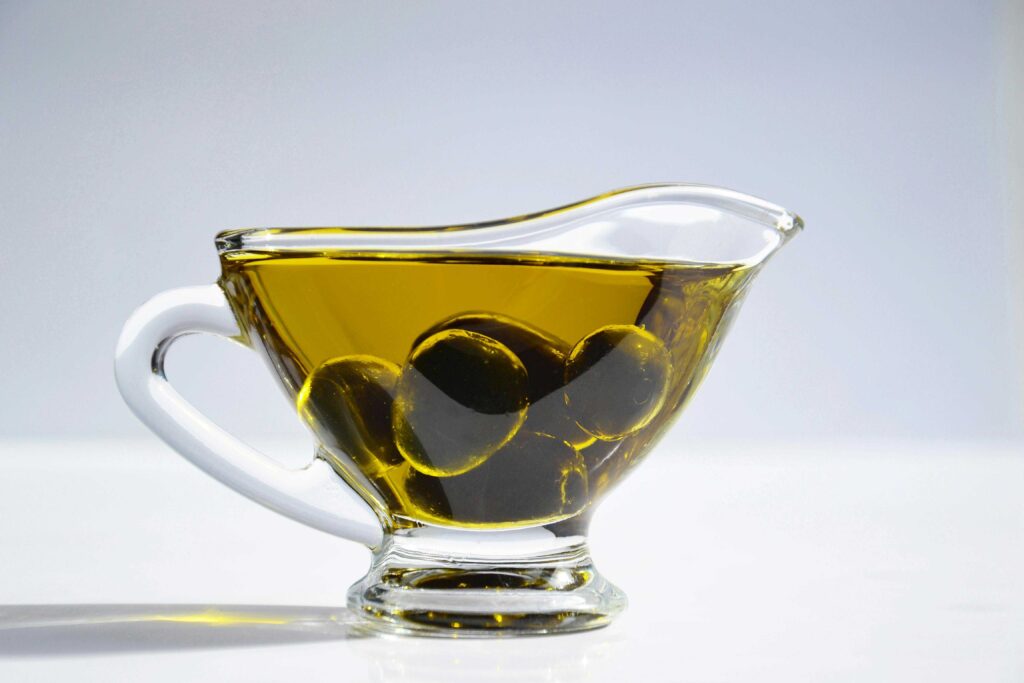
Some commonly used carrier oils include coconut oil, jojoba oil, argan oil, and almond oil. These oils are rich in vitamins, minerals, and fatty acids, which makes them very beneficial for maintaining good hair and scalp health.
What are carrier oils used for?
Carrier oils can either be used on their own, or in combination with essential oils. They can be applied directly to the scalp and hair, massaged in, and/or left for a specific amount of time before rinsing out. Alternatively, carrier oils can be added to hair masks and conditioners, or used as a pre-poo treatment for added hydration and nourishment.
What are the benefits of carrier oils to hair care?
1. Moisturizes the hair and scalp
Carrier oils have great moisturizing properties. They help to fight dryness, and they help nourish the hair and scalp.
2. Improves hair texture
Certain carrier oils, like jojoba oil, mimic the natural oils produced by the scalp, thereby promoting softness and improving the overall texture of the hair.
3. Enhances absorption
Carrier oils act as a vehicle which delivers essential oils into the hair and scalp. Thus ensuring better absorption and efficiency.
4. Protects hair against damage
Carrier oils, such as argan oil, provide a protective barrier between the hair and environmental stressors, thereby helping to reduce some of the damage caused by heat styling and pollution.
In conclusion, both essential oils and carrier oils are very significant in promoting healthy hair and scalp. Essential oils offer therapeutic benefits, while carrier oils provide a nourishing base for diluting essential oils. They also offer their unique advantages in the process.
The main difference between carrier oils and essential oils is that carrier oils can be applied without essential oils while essential oils cannot be applied without carrier oils. Understanding the difference between carrier oils and essential oils and their differences in properties and applications is important as it helps you choose the right oils to combine, and it helps prevent your skin and scalp from irritation.
You can harness the potentials of both oil classes to improve your hair care routine immensely.


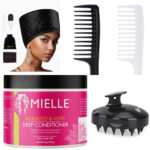



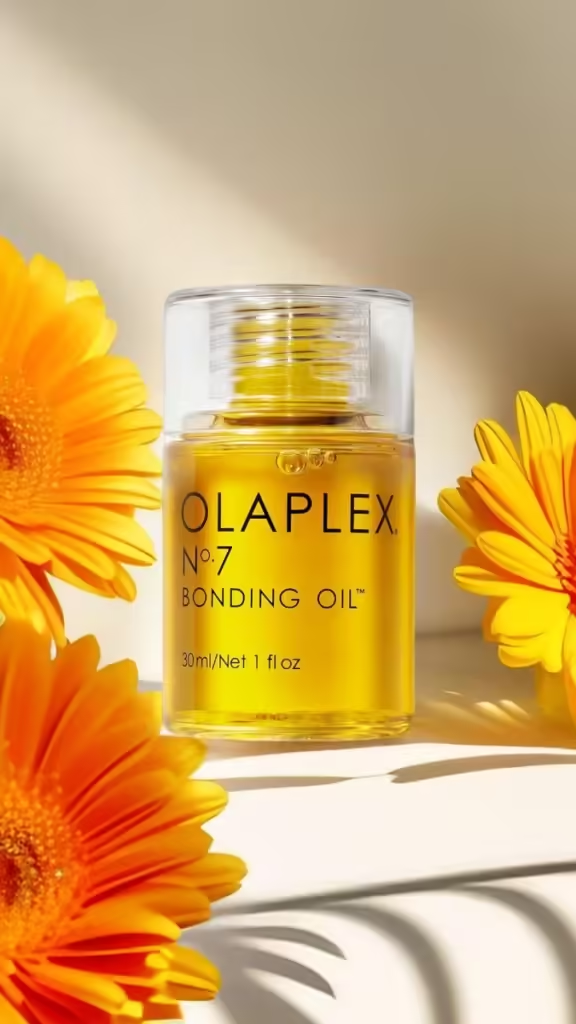
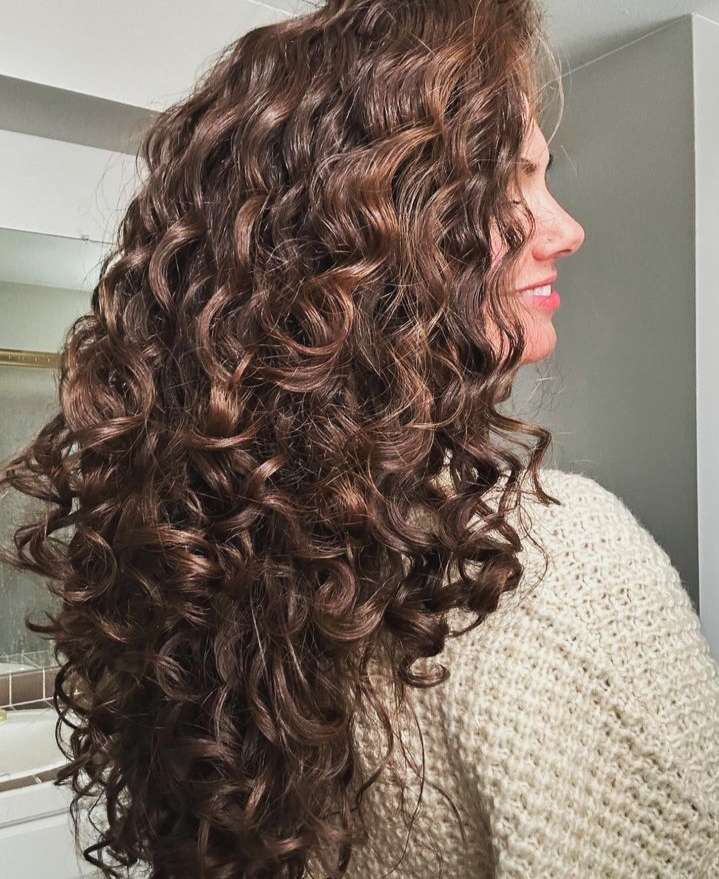

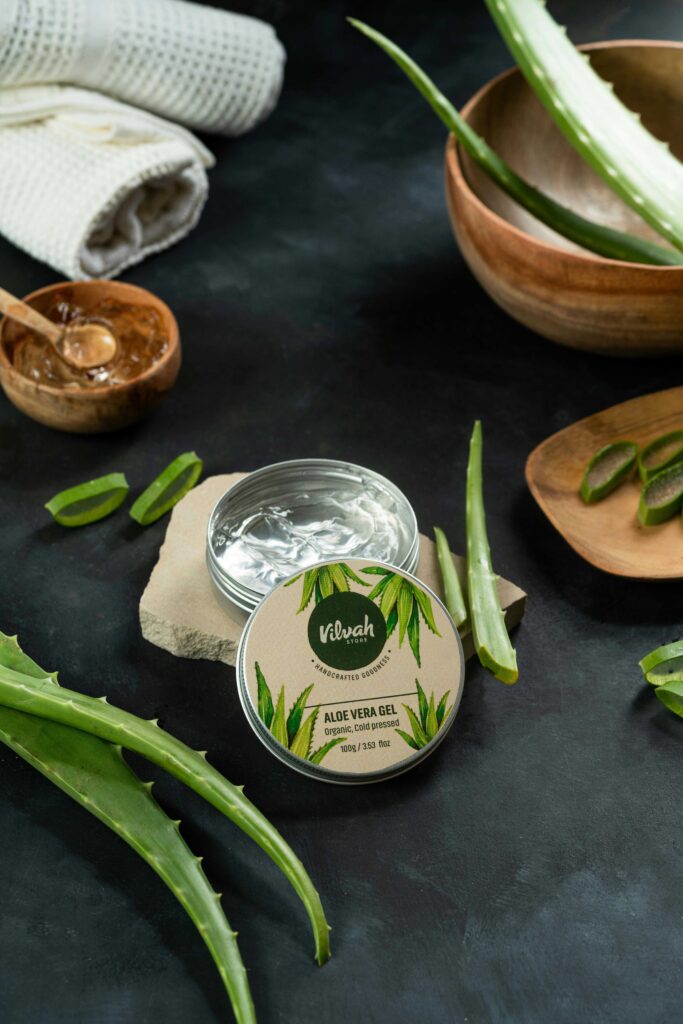
3 Comments